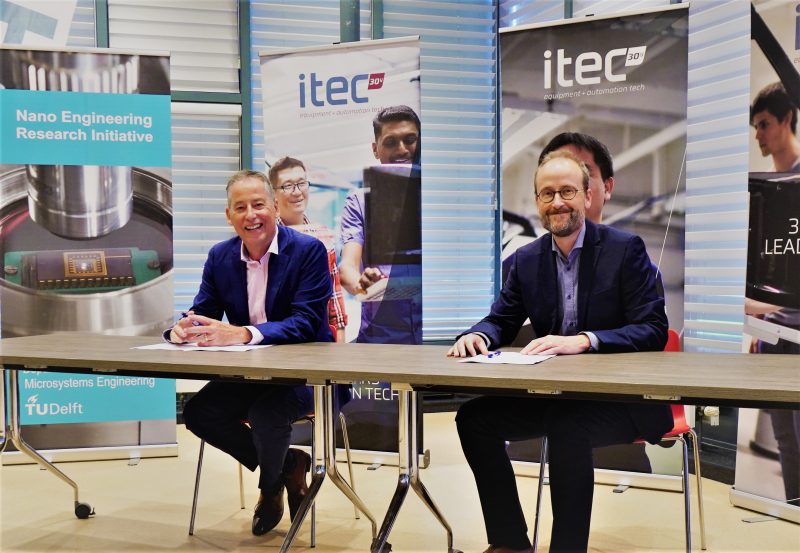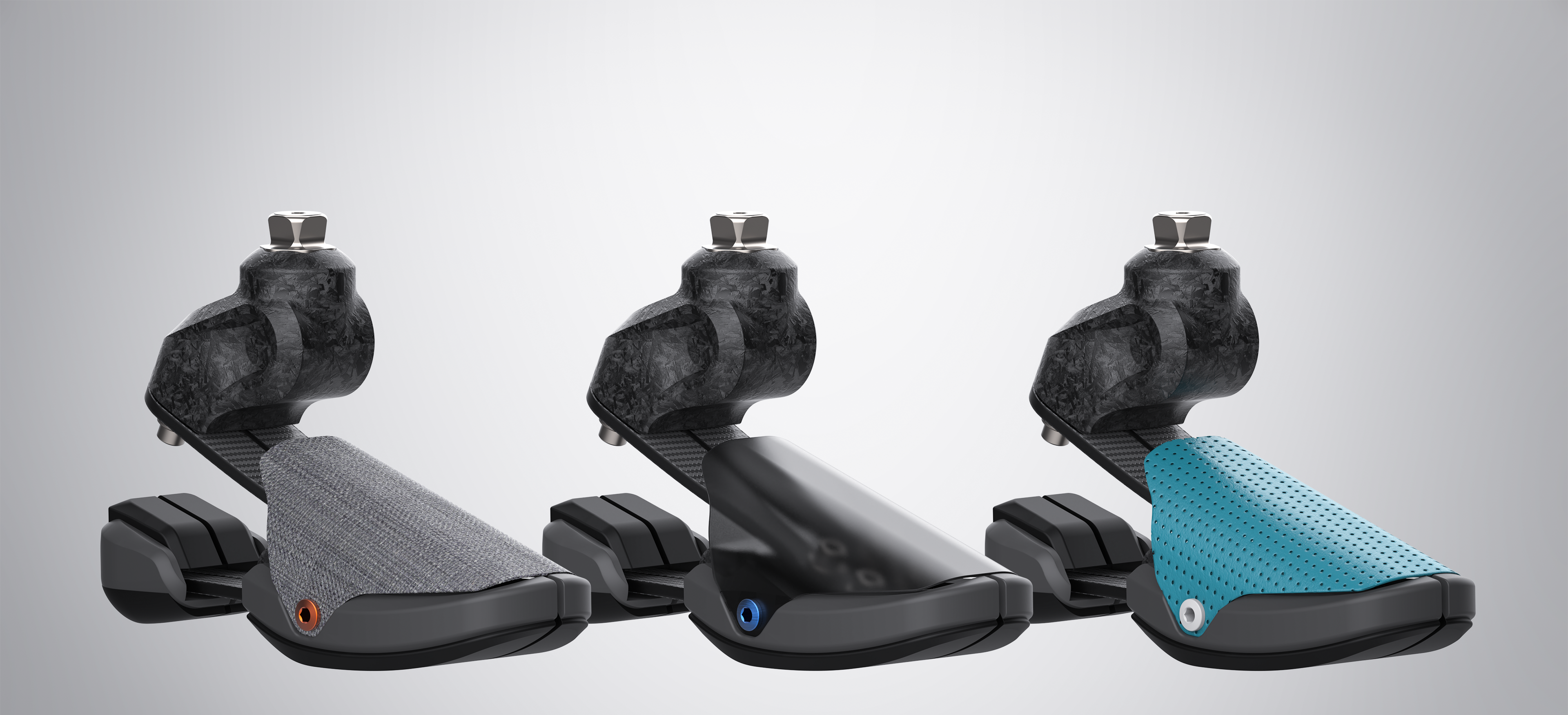The growing demand for computer chips is driven by the digital transformation of products and services. Recent chip shortages underline the importance of semiconductor supplies for the global economy.
TU Delft and the Dutch semiconductor equipment manufacturer ITEC, launch X.AL to research the next generation of green chip assembly processes and equipment concepts. Following market trends and the requirement for sustainable technologies, new chip assembly equipment must be faster, energy efficient and more compact.
Marcel Tichem, Associate professor Precision and Microsystems Engineering & Scientific Leader: “Mechanical limitations restrict the efficiency of today’s chip assembly equipment. A complex mechatronic machine needs to contact each individual chip before placing it. We will investigate contact-free methodologies in combination with extreme parallelisation of the assembly process.”
Next generation chip assembly machines
The amount of chips in consumer products is rapidly growing, for example, LED screens comprise millions of chips. The next generation of chip assembly machines must meet this growing demand for chips in a more efficient way. The team of TU Delft researchers, led by Marcel Tichem, Peter Steeneken and Massimo Mastrangeli, provides the knowledge and expertise to develop the breakthrough technologies for these new equipment concepts.
Joep Stokkermans, Innovation Director of ITEC: “Chips are assembled under very challenging conditions: extremely small chips must be picked-and-placed with great precision at a rate of 100 chips per second. Developing this technology requires a state-of-the art lab, housing the latest technology as well as the most up-to-date knowledge of this technology. In the ITEC X.AL, we combine the expertise of TU Delft with the ITEC experience in semiconductor equipment & automation technologies. This allows us to realize the breakthroughs for a super efficient chip assembly process.”

Tim van der Hagen, President of the Board and Rector Magnificus of TU Delft and Marcel Vugts, general manager ITEC sign the agreement for X.AL



